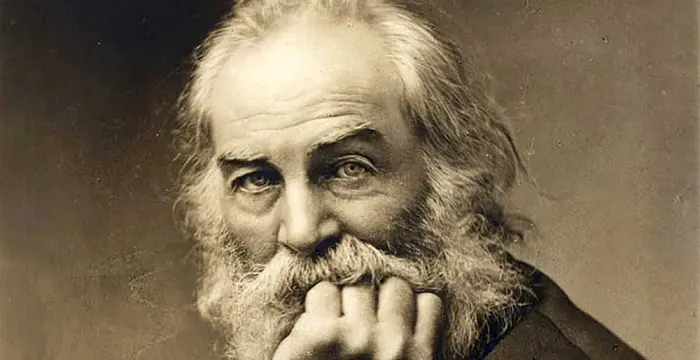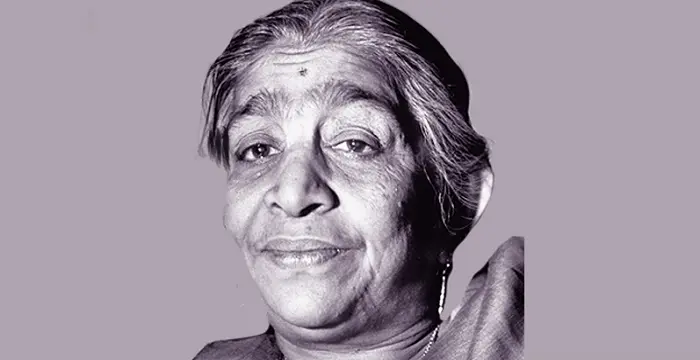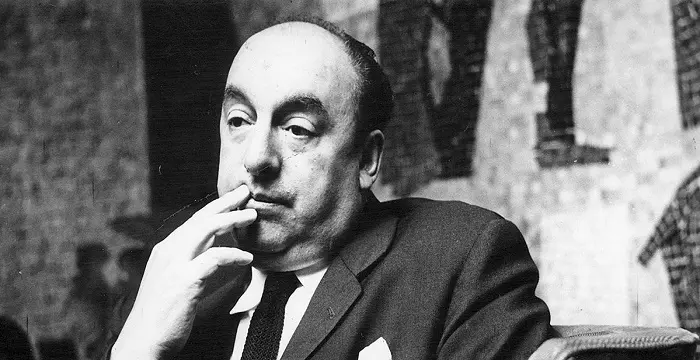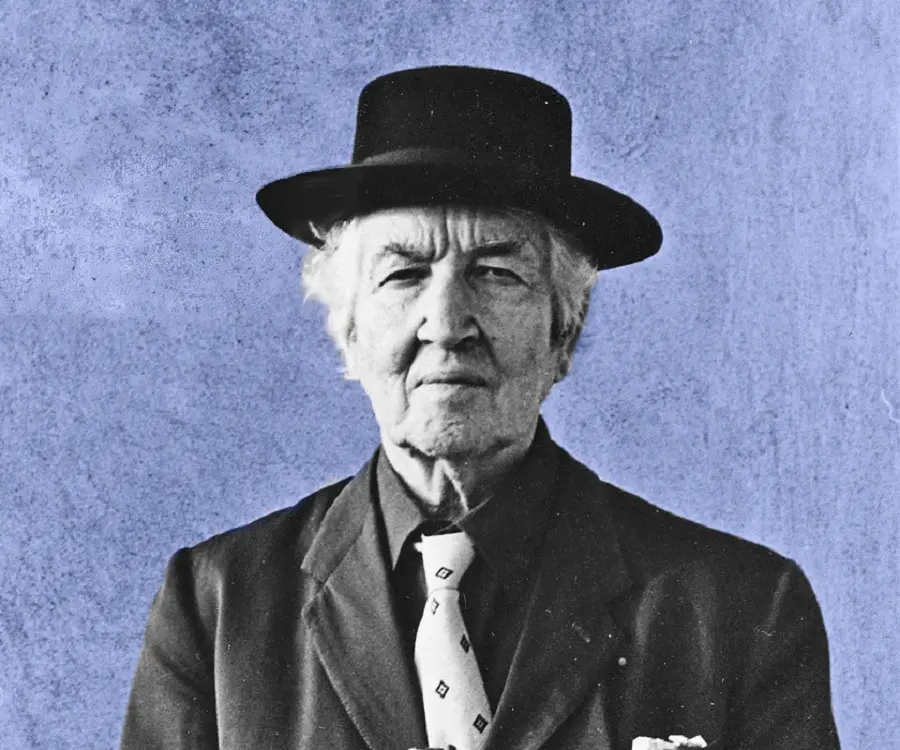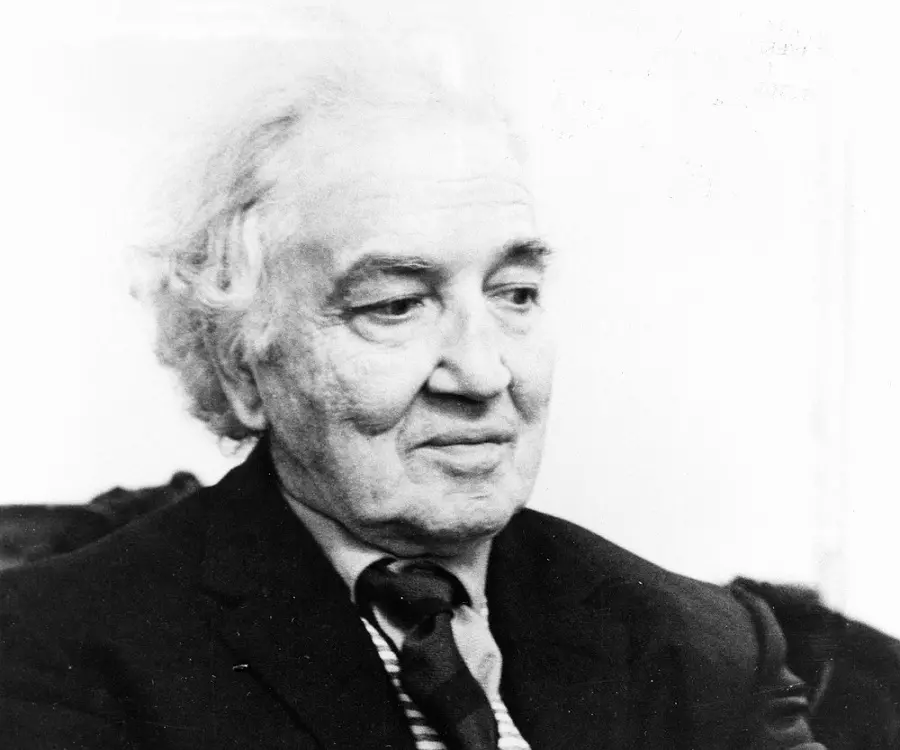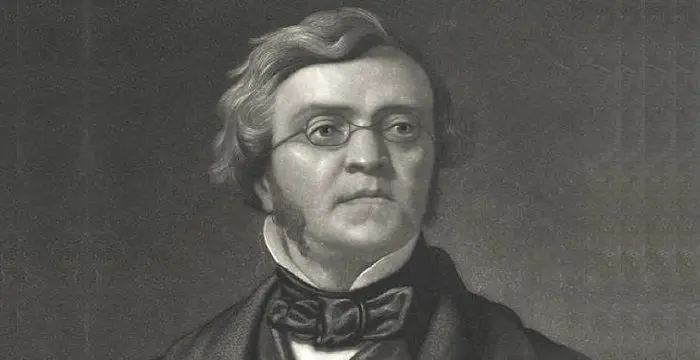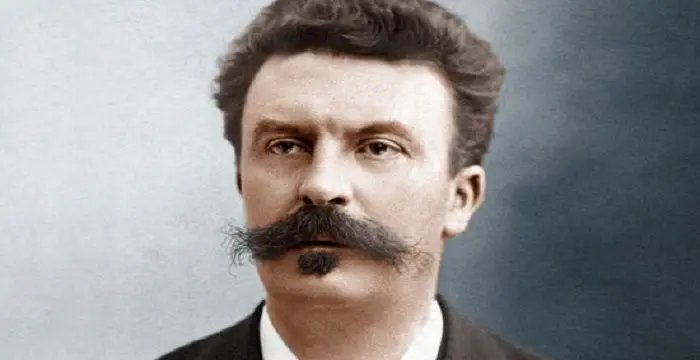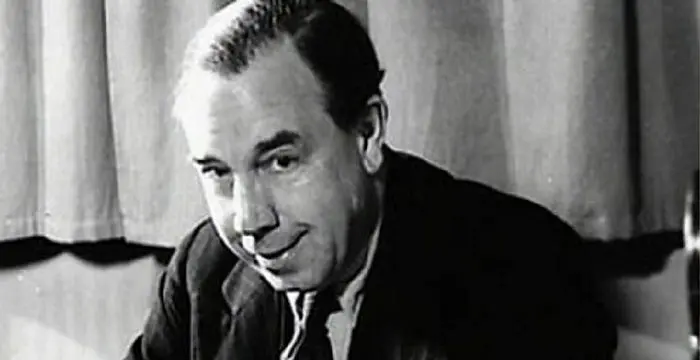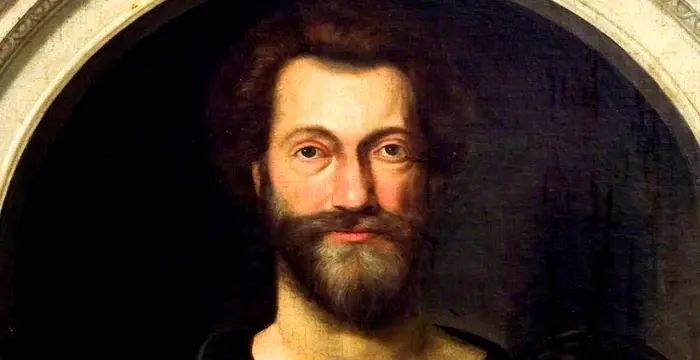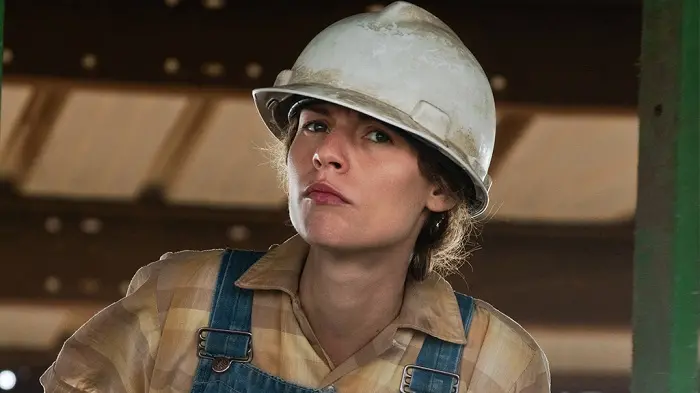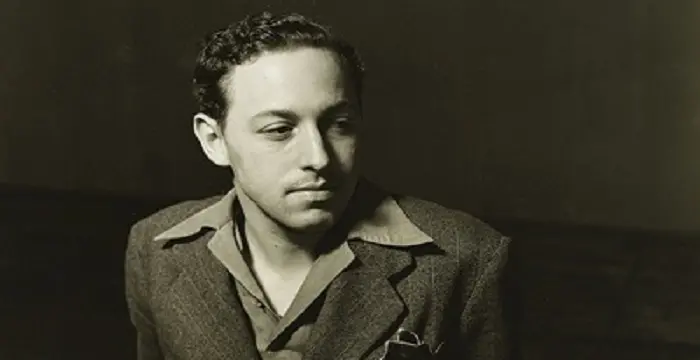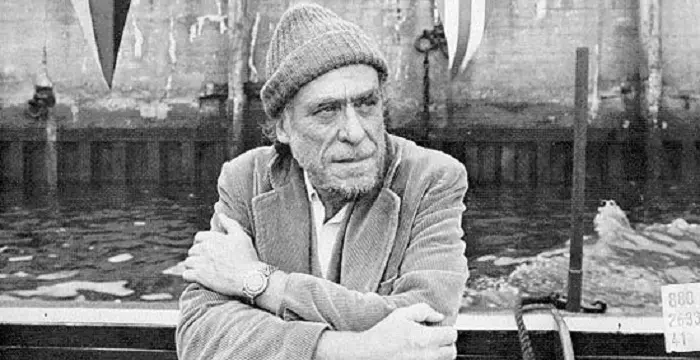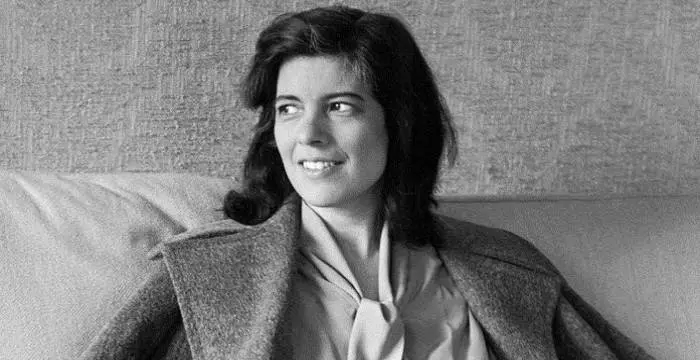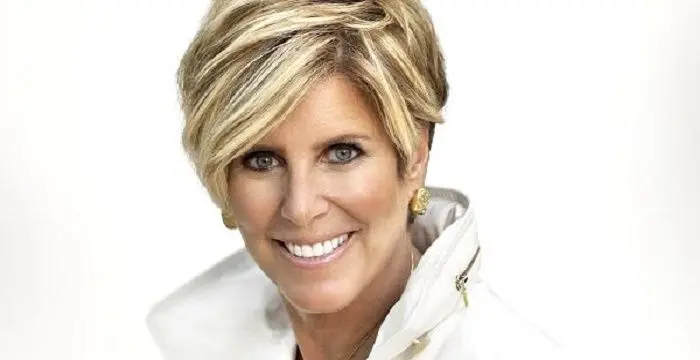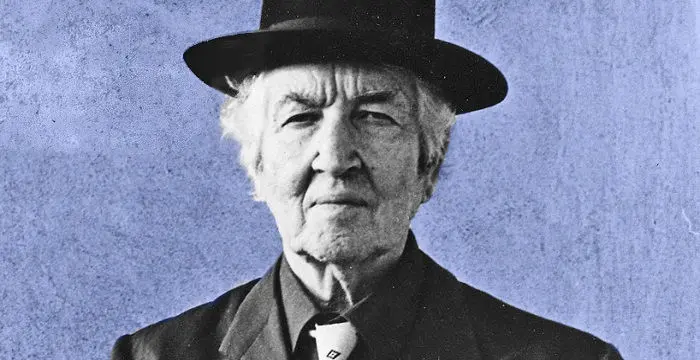
Robert Graves - Poets, Family and Personal Life
Robert Graves's Personal Details
Robert Graves was an English poet and novelist best known for his war memoir ‘Good-Bye to All That’
| Information | Detail |
|---|---|
| Birthday | July 24, 1895 |
| Died on | December 7, 1985 |
| Nationality | British |
| Famous | Oxford University, Writers, Poets, Novelists, Novelists, Poets |
| Spouses | Beryl Graves, Nancy Nicholson |
| Siblings | Charles Patrick Graves, Mary Perceval Graves, Philip Graves |
| Known as | Robert von Ranke Graves, Robert Ranke Graves |
| Childrens | Catherine Graves, David Graves, Jennie Graves, Juan Graves, Lucia Graves, Sam Graves, Tomás Graves, William Graves |
| Universities |
|
| Notable Alumnis |
|
| Founder / Co-Founder |
|
| Birth Place | Wimbledon |
| Gender | Male |
| Father | Alfred Perceval Graves |
| Mother | Amalie von Ranke |
| Sun Sign | Leo |
| Born in | Wimbledon |
| Famous as | Poet & Novelist |
| Died at Age | 90 |
// Famous Poets
Walt Whitman
Walt Whitman was an American poet, journalist and humanist. Read this brief biography to find more on his life & timeline.
Sarojini Naidu
Sarojini Naidu was an Indian freedom fighter and poet. Read this brief biography to find more on her life.
Pablo Neruda
Pablo Neruda was a Chilean poet, politician and Nobel laureate. Go through this biography to learn more about his profile, childhood, life and timeline.
Robert Graves's photo
Who is Robert Graves?
Robert Graves was a 20th century English poet and novelist best known for his war memoir ‘Good-Bye to All That’. He produced over 140 literary works during his lifetime, and was especially acclaimed for his memoirs and interpretations of the Greek myths. Several of his popular works have never been out of print. He was also a prominent translator of Classical Latin and Ancient Greek texts. Born into a middle-class family in England, he took up writing poetry when he was a student at Charterhouse School. He was outspoken and serious from a young age and displayed interest in intellectual pursuits. He served in the army during the World War I and gained a name for himself as a war poet. He was severely injured by a shell-fragment and also suffered from other health problems during the war. After the war he struggled to make a living, eventually establishing himself as a successful writer after a few years. Along with his intense and engaging memoirs, his historical novels also received much critical praise. He suffered several hardships in his life which made his later poetry increasingly poignant and touching. His sad love poems are counted among the finest poetry produced in the 20th century.
// Famous Novelists
William Makepeace Thackeray
William Thackeray was an English novelist and satirist. Read this brief biography to find more on his life & timeline.
Guy de Maupassant
Guy de Maupassant was an acclaimed French short story writer and novelist. This biography provides detailed information about his childhood, life, career, achievements and timeline.
J. B. Priestley
J.B. Priestley was a famous English novelist, broadcaster and playwright. Go through this biography to learn more about his profile, childhood, life and timeline.
Childhood & Early Life
Robert von Ranke Graves was born on 24 July 1895 in Wimbledon, Surrey, England into a middle-class family. His parents were Alfred Perceval Graves, an Anglo-Irish poet, songwriter and folklorist, and his second wife Amalie von Ranke. He had four siblings.
As a young boy he attended a series of six preparatory schools including King's College School in Wimbledon, Penrallt in Wales, Hillbrow School in Rugby, Rokeby School in Kingston upon Thames and Copthorne in Sussex.
He won a scholarship to the prestigious Charterhouse in 1909 where he began writing poetry. He also excelled at boxing and became the school champion at both welterweight and middleweight. During his final year at Charterhouse, he won a classical exhibition to St John's College, Oxford. However, the World War I started before he could join the college.
Career
Immediately upon the outbreak of the World War I in 1914, Robert Graves enlisted and received a commission in the Royal Welch Fusiliers. His first volume of poems, ‘Over the Brazier’, was published in 1916 and he soon gained a reputation of being a war poet.
While fighting at the Battle of the Somme, he was badly wounded by a shell-fragment. His injuries were so severe that he was expected to die and was officially reported as having died of wounds. However he survived though his health remained delicate. His army career came to an end in 1918, but he continued to be troubled by his war experiences for years to come.
Robert Graves joined the University of Oxford in 1919 and changed his course to English Language and Literature, though managing to retain his Classics exhibition. During this time he became acquainted with several prominent personalities, the most notable of them was T. E. Lawrence, then a Fellow of All Souls', with whom he discussed contemporary poetry.
He took up a post at Cairo University in 1926. This period marked a very tumultuous phase in his personal life and he separated from his wife and moved in with the poet Laura Riding in Deià, Majorca. The couple then founded a literary journal ‘Epilogue’, and wrote two academic books, ‘A Survey of Modernist Poetry’ (1927) and ‘A Pamphlet Against Anthologies’ (1928).
In the late 1920s, he also published ‘Lawrence and the Arabs’ (1927), a commercially successful biography of T. E. Lawrence and autobiography ‘Good-bye to All That’ (1929) which cemented his status as a reputed author.
The 1930s marked the peak of his writing career. His 1934 historical novel ‘I, Claudius’ not only became his most commercially successful work, but also received high critical praise. It was followed by a sequel ‘Claudius the God’ (1935).
He continued writing prolifically throughout the 1940s and 1950s. His historical novel ‘King Jesus’ was published in 1946, followed by ‘The White Goddess’ in 1948. ‘Seven Days in New Crete’ (1949), a work of science fiction, was another one of his prominent works in the 1940s.
In 1961 he became Professor of Poetry at Oxford, a post he held until 1966. In 1967, he collaborated with Omar Ali-Shah to publish a new translation of the Rubaiyat of Omar Khayyam. This translation, however, became controversial when it was discovered that the manuscript used by Ali-Shah and Graves was a forgery. This controversy severely affected his reputation.
Major Works
One of Robert Graves’ best known works is the war memoir ‘Good-Bye to All That’ in which he wrote about his life as a British army officer in the World War I. The book explores the themes of the inadequacies of patriotism, the rise of atheism, feminism, socialism and pacifism, among others.
His historical novel ‘I, Claudius’, was chosen by ‘Time’ as one of the 100 best English-language novels from 1923 to present in 2005. Written in the form of an autobiography of the Roman Emperor Claudius, it includes history of the Julio-Claudian Dynasty and Roman Empire.
Awards & Achievements
In 1934, Robert Graves was awarded the James Tait Black Memorial Prize for fiction for both ‘I, Claudius’ and ‘Claudius the God’.
He was among 16 Great War poets commemorated on a slate stone unveiled in Westminster Abbey's Poet's Corner in 1985.
Personal Life & Legacy
Robert Graves’ first marriage was to Nancy Nicholson, the daughter of the painter William Nicholson. The marriage produced four children. He fell in love with another woman, the poet Laura Riding, and left Nancy for her.
Robert Graves and Laura lived and worked together for many years before splitting up. Their break-up was as volatile as their relationship had been.
He then began a relationship with Beryl Hodge, the wife of fellow writer Alan Hodge and established a home with her in 1946. Their relationship, which eventually led to marriage, produced four more children.
He suffered from memory loss during his later years and died from heart failure on 7 December 1985, at the age of 90.
// Famous Oxford University
Rupert Murdoch
Rupert Murdoch is a renowned Australian business magnate famous for his establishment, ‘News Corporation’ in the US. Read on for detailed information about his childhood, profile, career and timeline
John Donne
John Donne was a famous English poet, satirist, lawyer and priest of his time. Check out this biography to know about his childhood, family life, achievements and other facts related to his life.
Michael York
Michael York is a famous English actor who has enjoyed a busy and varied career in both, television and film. Explore this biography to learn more about his profile, childhood, life and timeline.
Robert Graves biography timelines
- // 24th Jul 1895Robert von Ranke Graves was born on 24 July 1895 in Wimbledon, Surrey, England into a middle-class family. His parents were Alfred Perceval Graves, an Anglo-Irish poet, songwriter and folklorist, and his second wife Amalie von Ranke. He had four siblings.
- // 1909He won a scholarship to the prestigious Charterhouse in 1909 where he began writing poetry. He also excelled at boxing and became the school champion at both welterweight and middleweight. During his final year at Charterhouse, he won a classical exhibition to St John's College, Oxford. However, the World War I started before he could join the college.
- // 1914 To 1916Immediately upon the outbreak of the World War I in 1914, Robert Graves enlisted and received a commission in the Royal Welch Fusiliers. His first volume of poems, ‘Over the Brazier’, was published in 1916 and he soon gained a reputation of being a war poet.
- // 1918While fighting at the Battle of the Somme, he was badly wounded by a shell-fragment. His injuries were so severe that he was expected to die and was officially reported as having died of wounds. However he survived though his health remained delicate. His army career came to an end in 1918, but he continued to be troubled by his war experiences for years to come.
- // 1919Robert Graves joined the University of Oxford in 1919 and changed his course to English Language and Literature, though managing to retain his Classics exhibition. During this time he became acquainted with several prominent personalities, the most notable of them was T. E. Lawrence, then a Fellow of All Souls', with whom he discussed contemporary poetry.
- // 1923 To 2005His historical novel ‘I, Claudius’, was chosen by ‘Time’ as one of the 100 best English-language novels from 1923 to present in 2005. Written in the form of an autobiography of the Roman Emperor Claudius, it includes history of the Julio-Claudian Dynasty and Roman Empire.
- // 1926He took up a post at Cairo University in 1926. This period marked a very tumultuous phase in his personal life and he separated from his wife and moved in with the poet Laura Riding in Deià, Majorca. The couple then founded a literary journal ‘Epilogue’, and wrote two academic books, ‘A Survey of Modernist Poetry’ (1927) and ‘A Pamphlet Against Anthologies’ (1928).
- // 1927 To 1929In the late 1920s, he also published ‘Lawrence and the Arabs’ (1927), a commercially successful biography of T. E. Lawrence and autobiography ‘Good-bye to All That’ (1929) which cemented his status as a reputed author.
- // 1934 To 1935The 1930s marked the peak of his writing career. His 1934 historical novel ‘I, Claudius’ not only became his most commercially successful work, but also received high critical praise. It was followed by a sequel ‘Claudius the God’ (1935).
- // 1934In 1934, Robert Graves was awarded the James Tait Black Memorial Prize for fiction for both ‘I, Claudius’ and ‘Claudius the God’.
- // 1946He then began a relationship with Beryl Hodge, the wife of fellow writer Alan Hodge and established a home with her in 1946. Their relationship, which eventually led to marriage, produced four more children.
- // 1961In 1961 he became Professor of Poetry at Oxford, a post he held until 1966. In 1967, he collaborated with Omar Ali-Shah to publish a new translation of the Rubaiyat of Omar Khayyam. This translation, however, became controversial when it was discovered that the manuscript used by Ali-Shah and Graves was a forgery. This controversy severely affected his reputation.
- // 1985He was among 16 Great War poets commemorated on a slate stone unveiled in Westminster Abbey's Poet's Corner in 1985.
- // 7th Dec 1985He suffered from memory loss during his later years and died from heart failure on 7 December 1985, at the age of 90.
// Famous Writers
Joyce Meyer
Joyce Meyer is a Christian author and speaker. This biography provides detailed information about her childhood, life, achievements, works & timeline
Temple Grandin
Temple Grandin is a well-known American writer, autistic activist and animal expert. This biography profiles her childhood, life, achievements, career and timeline
Tennessee Williams
Tennessee Williams was one of the greatest playwrights of the 20th century. This biography of Tennessee Williams provides detailed information about his childhood, life, achievements, works and timeline.
Charles Bukowski
Charles Bukowski was a German-born American novelist, short story writer and poet. With this biography, learn in details about his childhood, life, works, career and timeline
Susan Sontag
Susan Sontag is an American critical essayist, cultural analyst, novelist, political activist, filmmaker and playwright of international repute. Read on to find out more about her childhood, career, profile and timeline.
Suze Orman
Suze Orman is an American television host, financial advisor, author and motivational speaker, famous for her ‘The Suze Orman Show’ on CNBC. This biography profiles her childhood, life, career, works, achievements and timeline.
Robert Graves's FAQ
What is Robert Graves birthday?
Robert Graves was born at 1895-07-24
When was Robert Graves died?
Robert Graves was died at 1985-12-07
Where was Robert Graves died?
Robert Graves was died in Deià
Which age was Robert Graves died?
Robert Graves was died at age 90
Where is Robert Graves's birth place?
Robert Graves was born in Wimbledon
What is Robert Graves nationalities?
Robert Graves's nationalities is British
Who is Robert Graves spouses?
Robert Graves's spouses is Beryl Graves, Nancy Nicholson
Who is Robert Graves siblings?
Robert Graves's siblings is Charles Patrick Graves, Mary Perceval Graves, Philip Graves
Who is Robert Graves childrens?
Robert Graves's childrens is Catherine Graves, David Graves, Jennie Graves, Juan Graves, Lucia Graves, Sam Graves, Tomás Graves, William Graves
What was Robert Graves universities?
Robert Graves studied at Oxford University, St John's College, Oxford, Charterhouse School, University of Oxford
What was Robert Graves notable alumnis?
Robert Graves's notable alumnis is Oxford University
Which company or organization was founded by Robert Graves?
Robert Graves was the founder/co-founder of Seizin Press
Who is Robert Graves's father?
Robert Graves's father is Alfred Perceval Graves
Who is Robert Graves's mother?
Robert Graves's mother is Amalie von Ranke
What is Robert Graves's sun sign?
Robert Graves is Leo
How famous is Robert Graves?
Robert Graves is famouse as Poet & Novelist
